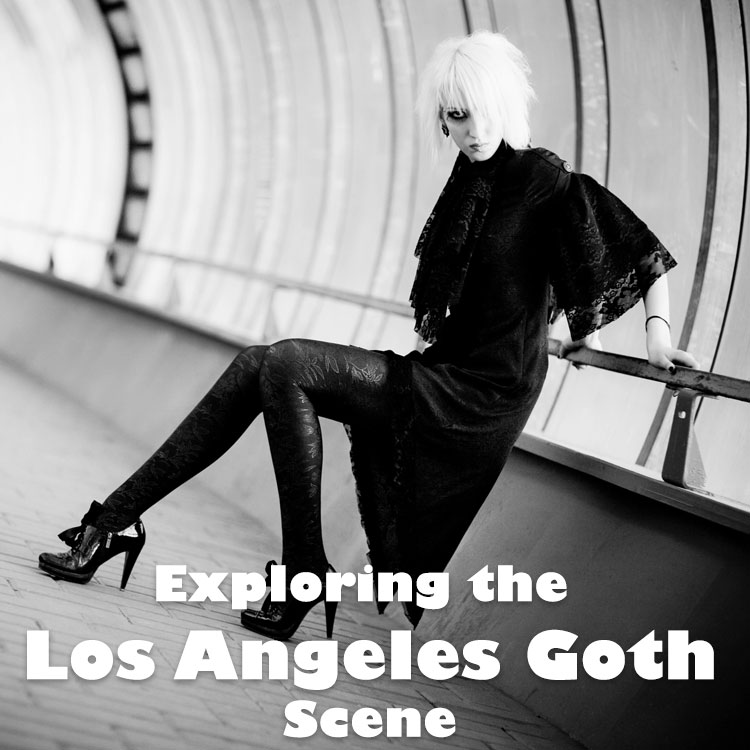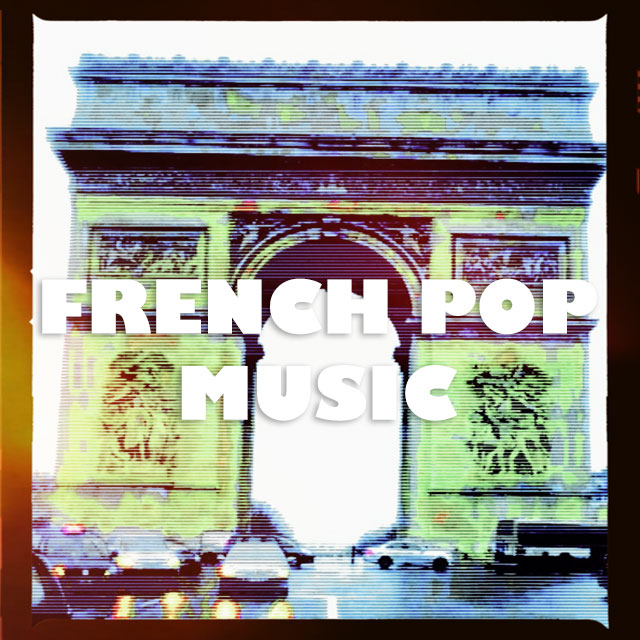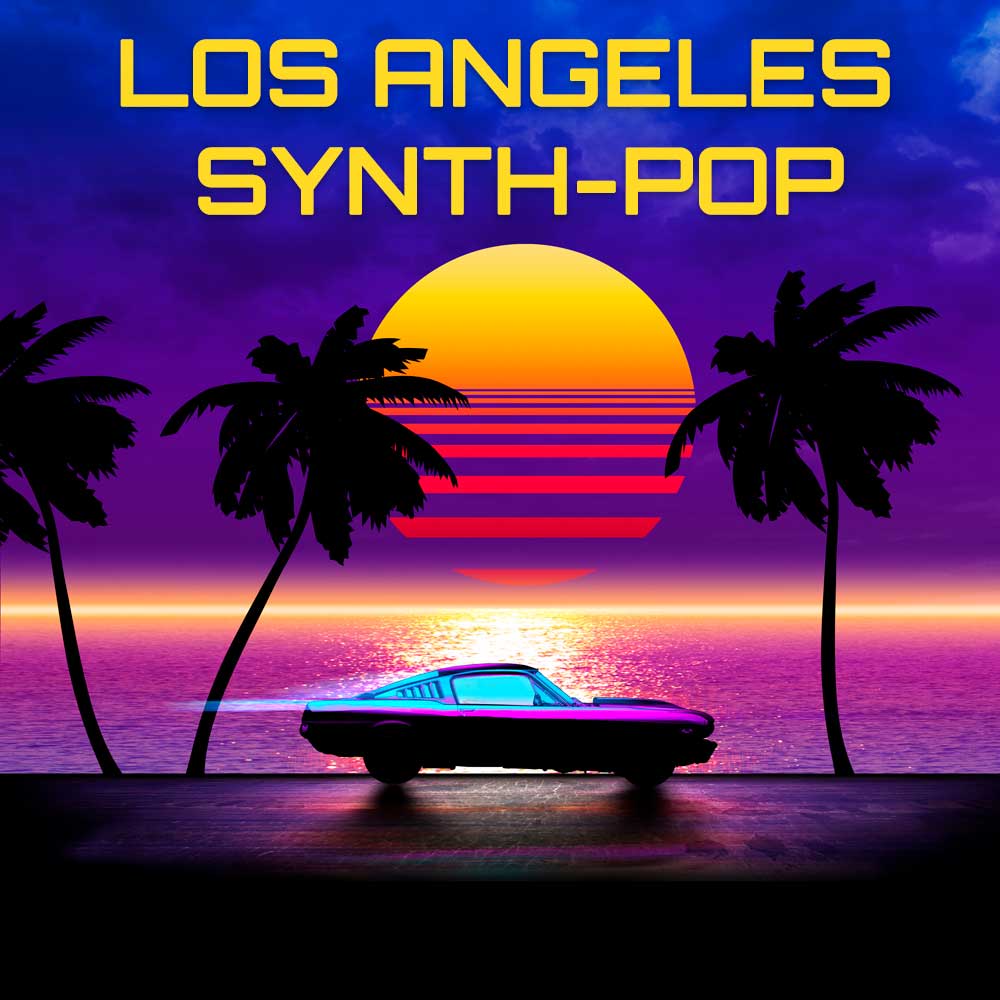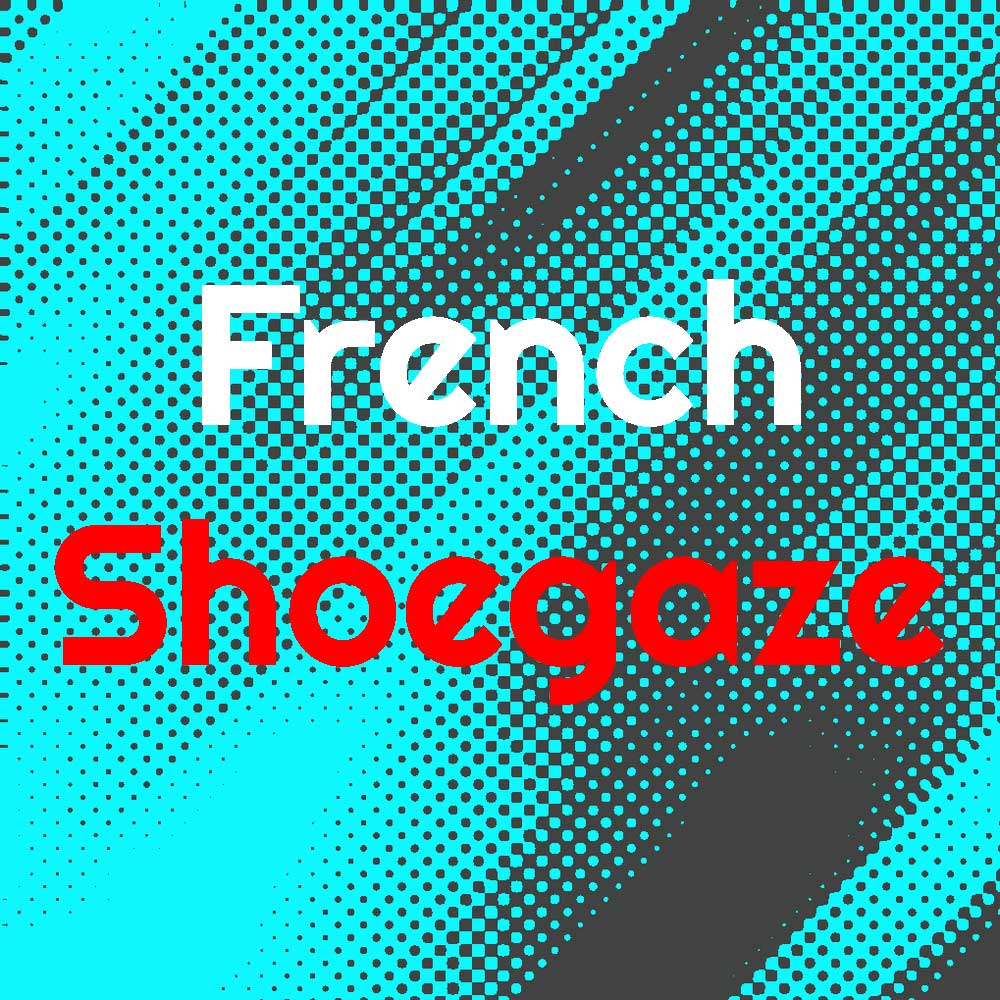
American Synth-Pop
The American synth-pop scene has undergone a remarkable transformation over the years, from a niche genre to a vibrant landscape of electronic music. While iconic bands like Depeche Mode continue to dominate the scene, countless smaller synth-pop acts have emerged, each striving to carve out their own place in the industry. In this article, we’ll explore the evolution of American synth-pop, from its early 1980s pioneers to the diverse range of artists and labels that shape the scene in 2025.
What Makes a Song Synth-Pop?
Emerging in the Post-Punk era as a subgenre of New Wave music, Synth-Pop is a music genre defined by an electronic sound featuring drum machines, synthesizers as well as catchy melodies. While electronic instruments are the backbone of this musical style, they are often complemented by electric guitars in order to bring an organic feel, a trend we mostly owe to Depeche Mode’s Martin Gore.
The Pioneers: Devo and Information Society
When discussing American synth-pop, it’s impossible to overlook the pioneers of the genre such as Devo and Information Society. Devo, formed in Akron, Ohio in 1973, achieved mainstream success with their hit single “Whip It” in 1980. Known for their quirky style and innovative use of synthesizers, Devo’s influence can still be felt in the synth-pop landscape today. Information Society, on the other hand, gained popularity in the mid-eighties with their huge hit “What’s on Your Mind (Pure Energy)”. While they initially embraced a synth-pop sound, the band later evolved and incorporated different musical elements into their repertoire. Nonetheless, their impact on the American synth-pop scene remains significant.
The Rise of Independent Labels
As the synth-pop genre gained momentum in the United States, independent record labels played a crucial role in nurturing and promoting emerging artists. Two notable labels that have contributed to the growth of American synth-pop are Synthphony Records and A Different Drum (ADD). Synthphony Records, founded in the mid-nineties, served as a platform for both American and European synth-pop acts. Artists like Another Mission, Novelty, and La Vogue found a home on this label, expanding the reach of synth-pop beyond its European origins. Similarly, ADD, based in Utah, not only functions as a label but also operates as a record store, specializing in synth-pop music. They have successfully introduced European acts like Elegant Machinery and De/Vision to the American market. In addition to Synthphony Records and ADD, other independent labels have emerged to support the growth of American synth-pop. Ninthwave Records and Canadian Kinetic Response Records are two notable labels that have fostered a thriving community of artists. Ninthwave Records showcases talented acts like Ganymede and Gary Flanagan, while Canadian Kinetic Response Records supports the dance/synth-pop duo Lode.
The Diversity of American Synth-Pop
One of the most intriguing aspects of the American synth-pop scene is its incredible diversity. While some bands draw inspiration from the classic synth-pop sound popularized by early synthpop bands from the United Kingdom such as Depeche Mode, Gary Numan’s Tubeway Army, New Order, Soft Cell, Human League, Pet Shop Boys, Orchestral Manoeuvres In the Dark and even Giorgio Moroder others incorporate elements of techno, dance, and trance into their music. This fusion of genres has led to the emergence of unique and exciting subgenres within synth pop.
For instance, System22 seamlessly blends trance and synth-pop, creating a captivating sonic experience. Count to Infinity infuses their music with a house/club influence, while B!Machine experiments with dance music beats and electronic textures reminiscent of Kraftwerk. These artists exemplify the innovative spirit that defines American synth-pop.
Small Bands Making Waves
While the synthesizer pop genre in the United States is often associated with iconic bands, several smaller acts have made significant contributions to the scene. Anything Box, led by Claude Strilio, released their first album “Peace” in 1990, followed by four more studio albums. Red Flag, known for their critically acclaimed debut “Naïve Art” in 1989, continues to captivate audiences with their unique sound. Information Society, despite moving away from their synth-pop roots, remains an important part of the American electronic music landscape.
Synth-Pop in the Mainstream
Despite the underground nature of the synthpop genre, there have been a few instances where it has broken into the mainstream to find commercial success. Bands like The Killers – most particularly their debut album – MGMT – second album -, Capital Cities and Future Islands have made it into the mainstream. The American Synthpop Awards (ASA) and Synthcon have also played a significant role in celebrating and recognizing the achievements of synth-pop artists. Modeled after the Swedish Alternative Music Awards (SAMA), the ASA honors artists in various categories, including Best Album and Best Artist. However, touring remains a challenge for many electronic pop bands in the United States. The scene, although growing, still struggles to support major touring efforts. Concerts are often held in clubs and occasionally at festivals, with attendance ranging from 200 to 300 people. Despite these challenges, the response from audiences is overwhelmingly positive, and merchandise sales reflect the dedication of synth-pop fans.
The Future of American Synth-Pop
As the American synth-pop scene continues to evolve, one thing remains clear: its future is bright. With a diverse range of artists, labels, and subgenres, the landscape of American synth-pop is constantly expanding and pushing boundaries. While the genre may remain underground in the eyes of the mainstream, it thrives within its dedicated community of fans and continues to inspire and captivate audiences with its unique blend of electronic sounds. One should mention that the last few years, a mutated version of synthpop called Darkwave has become increasingly popular, with bands like Boy Harsher, Xeno & Oaklander delivering goth-flavored dark synthpop tunes.
As of 2024, there are still plenty of American musicians embracing synthesizer-based sounds including Glass Candy (Portland), Class Actress (Los Angeles), Desire (Los Angeles), Zola Jesus (Phoenix), Cold Cave (Los Angeles), Mareux (Los Angeles), Crosses (synthpop project from Deftones frontman), Mr. Kitty (Arlington), R. Missing (New York), Boan (Los Angeles), Rikki (Los Angeles) and Los Angeles-based French American synthpop artist Noisegun.





